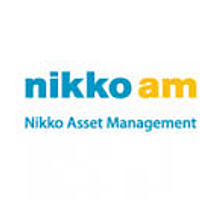The unconventional has become conventional

Amova AM
The Bank of Japan (BoJ) was effectively the first central bank to introduce ‘unconventional’ monetary policy way back in 2001. Years later, the US Federal Reserve (Fed) borrowed from the BoJ’s playbook in the aftermath of the financial crisis in 2008 in an effort to guide the US economy out of recession. Now moving forward to the most recent Jackson Hole gathering of central bank staff and academics, the theme that jumps out at us is that the unconventional has become the conventional. Quantitative easing (QE), large scale buying of government and non-government bonds, zero interest rates and negative interest rates are now seemingly taken for granted. Papers presented at the symposium, far from critically questioning these policies, explored how best to continue to implement them, and in some cases expand them. (James Alexander, Co-Head of Global Fixed Income & Head of Australian Fixed Income)
3 topics

Nikko Asset Management is one of Asia’s largest asset managers, providing high-conviction, active fund management across a range of Equity, Fixed Income, Multi-Asset and Alternative strategies. In April 2021, Yarra Capital Management acquired...
Expertise

Nikko Asset Management is one of Asia’s largest asset managers, providing high-conviction, active fund management across a range of Equity, Fixed Income, Multi-Asset and Alternative strategies. In April 2021, Yarra Capital Management acquired...
